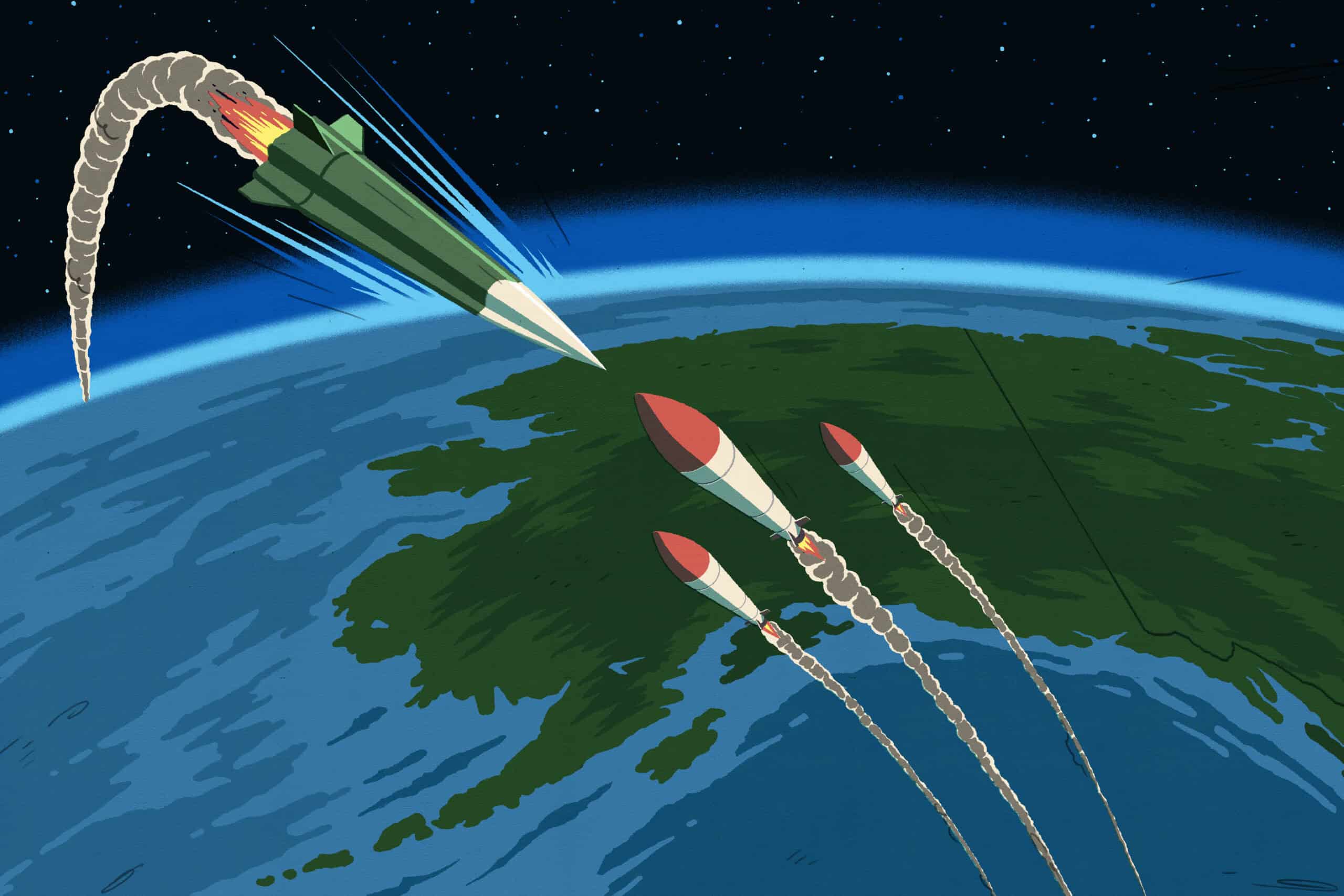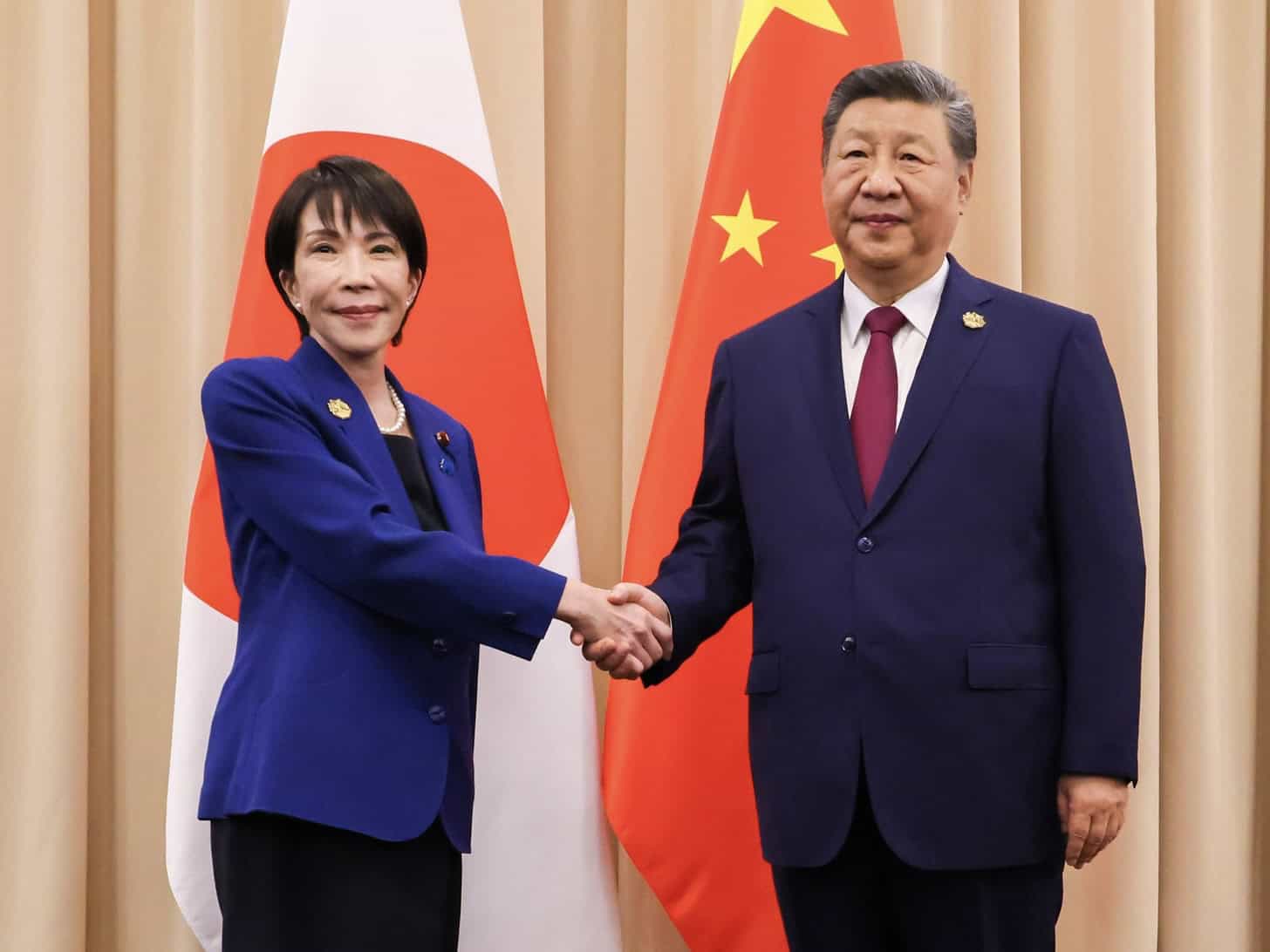Josh Kurlantzick’s new book ‘Beijing’s Global Media Offensive: China’s Uneven Campaign to Influence Asia and the World’ is a comprehensive account of China’s attempts to become a media superpower, in a way commensurate with its growing economic clout. The book looks into where and how Beijing has failed in its efforts to date, and explains where it is meeting with success, as well as offering ideas on how countries like the U.S. should respond. Josh’s early career was spe
Stay ahead of U.S. export rules.
- Full coverage of Entity, MEU, and SDN lists
- Automatic ownership + control risk flags
- Enhanced due diligence on Chinese companies



